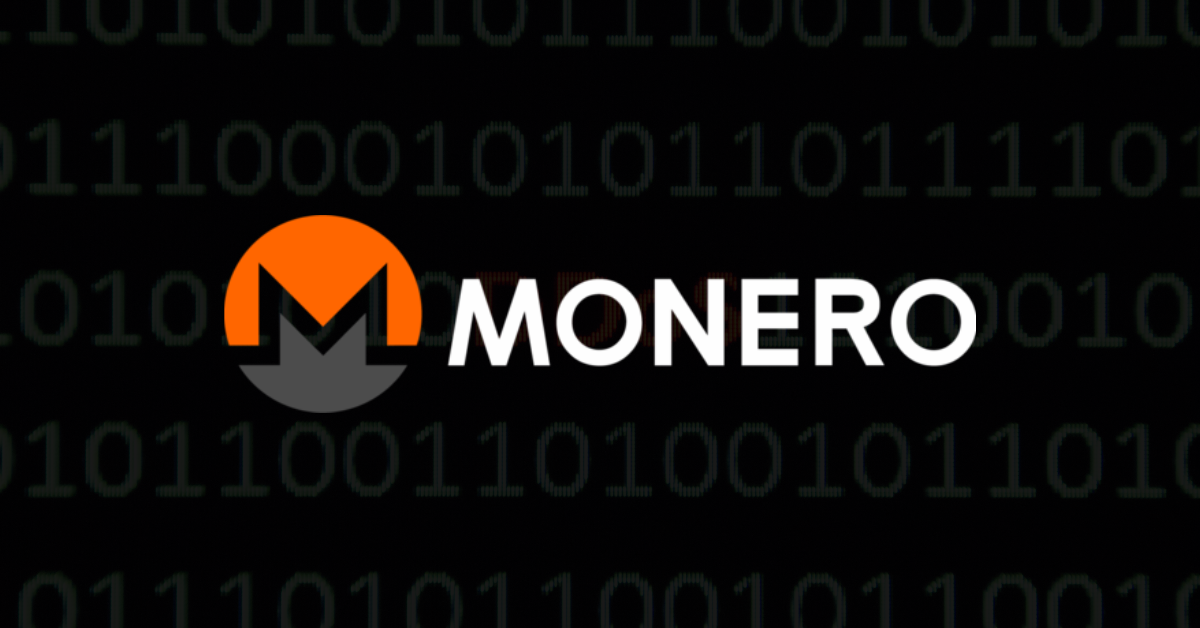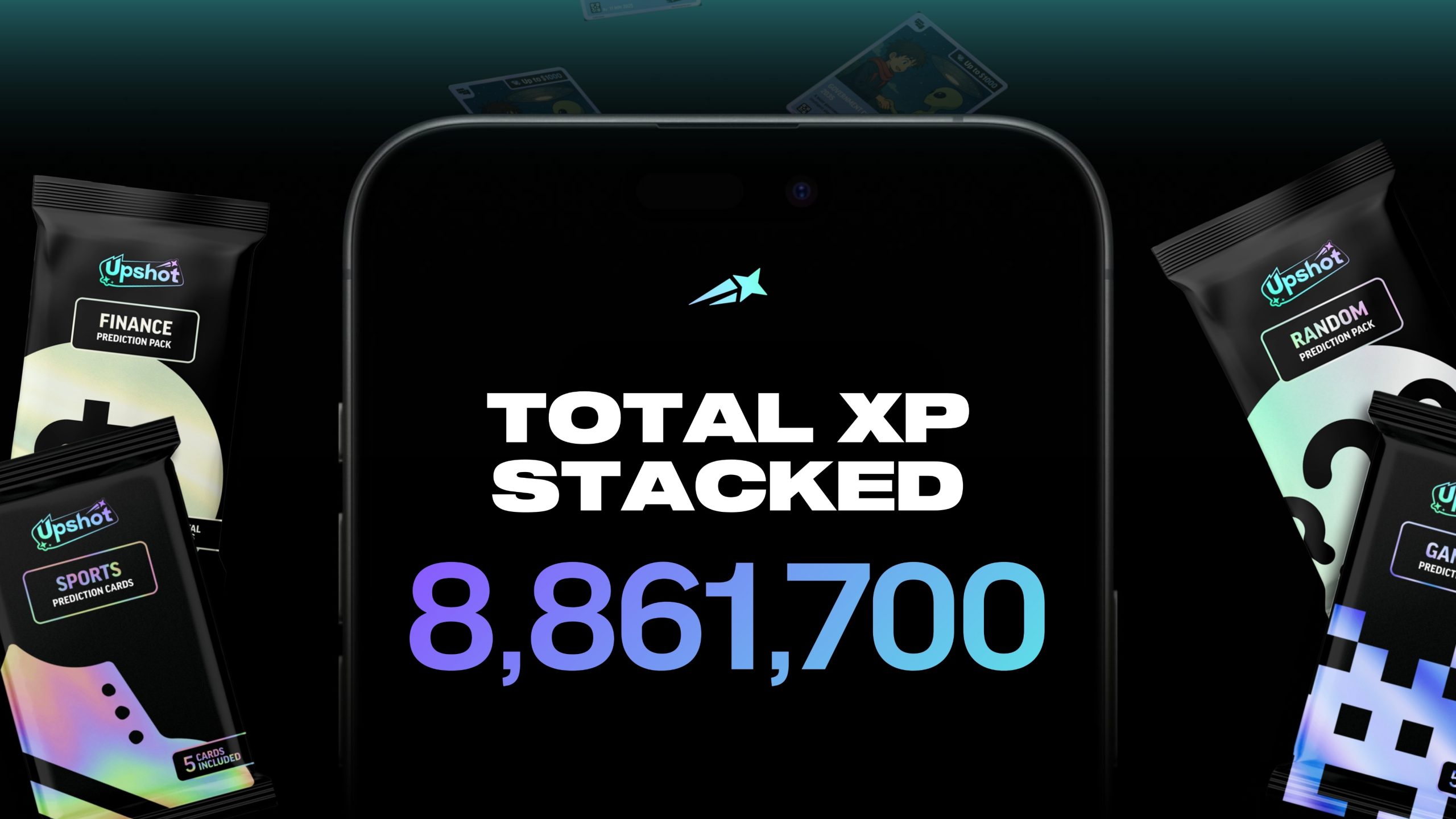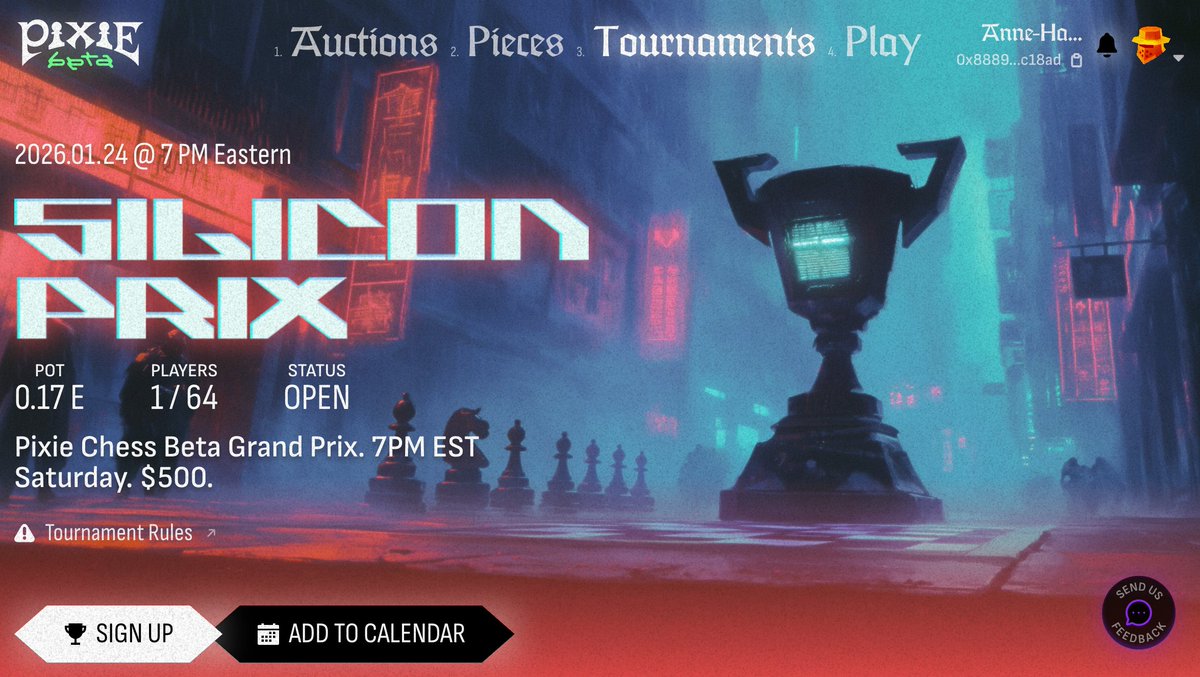Key Takeaways
- Qubic pool halved its hashrate after claiming to endure a DDoS attack amid its Monero takeover bid.
- Independent data shows the network remained functional, suggesting the attack may not have occurred.
- XMRig dev is accused of involvement; they deny it and outline legal alternatives against centralization.
Qubic, the mining pool behind a planned 51% takeover of Monero, claims it suffered a DDoS attack that slashed its hashrate.
The incident appears timed with Monero community efforts to block the takeover and raise questions about on-chain defenses and attack attribution.
“Attack” Claims Disputed by Network Metrics
Despite Ivancheglo’s X posts claiming a six-hour overload, real-time monitoring shows normal response times and no request drops—suggesting the pool remained accessible via VPN.
MiningPoolStats listed Qubic as inactive after July 30 and reports peaks of just 1.6 GH/s during intermittent mining.
Developer Accused of Orchestrating Attack Denies Involvement
Speculation focused on XMRig creator Sergei Chernykh, who denied any illegal activity.
In public comments, he hinted at legal countermeasures to the takeover—but warns that some may take matters into their own hands without his endorsement.
Final Thoughts
The alleged DDoS claim underscores the fragility of decentralized networks’ defenses. While evidence is inconclusive, the episode illustrates escalating tactics within crypto ecosystems and the need for legal, transparent responses rather than covert aggression.
Frequently Asked Questions
Did Qubic actually suffer a DDoS attack?
Network data doesn’t corroborate the claim—request times remained normal.
Why was the attack alleged?
Qubic claims community resistance to its takeover plan used botnet/flood tactics to weaken its operations.
Is XMRig’s developer involved?
Developer Chernykh denies involvement and advocates legal strategies to resist centralization.






